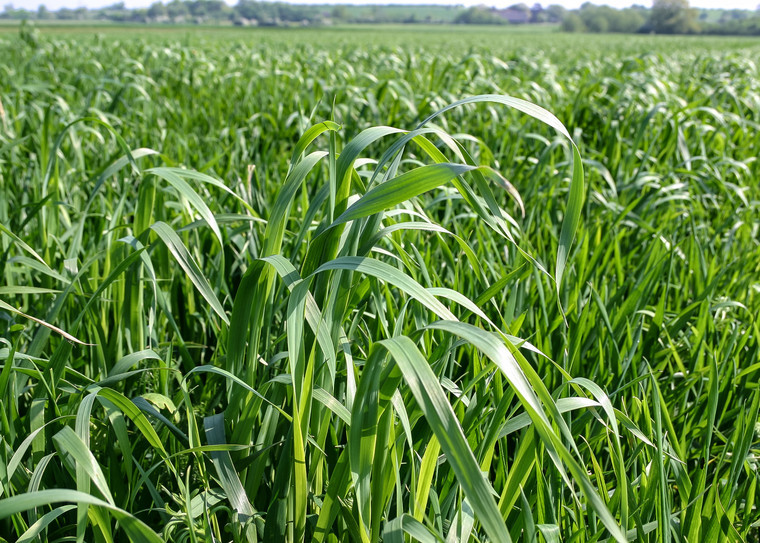Growers and agronomists are seeing a surge in volunteer oats this autumn following an increase in oat plantings last season and warn it could have significant impacts on yield if not managed.
Simon Francis, commercial technical manager at FMC, says they have had numerous enquiries about controlling volunteer oats in autumn cereals this year.
“As we know, many growers had to opt for spring crops last year due to the weather in the previous autumn and part of this acreage was put down to oats. This coupled with a difficult harvest has meant there are a high amount of oat volunteers in crops this autumn.”
Simon explains that volunteer oats are extremely competitive in winter cereals and should be controlled early, evidence suggests that just five plants/m² can cause a 5% yield decline, making it vital to control the weed to maximise crop output.
“Even if you only have a few plants in your crops at the moment, don’t leave control until the spring, because by the time it comes to it, you’ll have already incurred a yield penalty,” he says.
“One of the main problems with volunteer oats is they are more difficult to manage than wild oats and there’s a limited armoury of products available that effectively control them.
“In response to queries from growers and agronomists, we’ve been recommending the use of Foxtrot. Experience with Foxtrot has demonstrated more consistent and improved control of volunteer oats than other available products,” he says.
Simon advises that growers apply herbicides as soon as they think the majority of the seed has germinated, to reduce the yield penalty and ensure maximum control.
“Foxtrot is a contact acting herbicide and is more effective on actively growing plants, it should be applied from the two-leaf stage of the barley crop, GS 12, although application to wheat can be made earlier if necessary. Getting this timing right will be essential to ensure you don’t have problems later down the line with further regrowth.
“Apply at 0.8L product/ha in a minimum water volume of 200L/ha if target weeds are small, if weeds are larger or the population is dense apply up to 1.0L product/ha in 300L/ha of water.
“As growers will be looking to save time when controlling weeds this autumn, we would support tank mixing with one other product, either a residual herbicide or a crop nutrition product, for example, at this timing. Use of a methylated seed oil adjuvant or similar is supported in winter wheat but not in winter barley, which is something to be aware of when tank mixing.
“Growers who grew an oat crop last year should get out in their fields and look for oat volunteers and wild oats. If they’re present, follow the advice and deal with them now to reduce any impact on your yield,” adds Simon.
Pictured: Wild oats above a barley crop ©Blackthorn Arable Ltd




